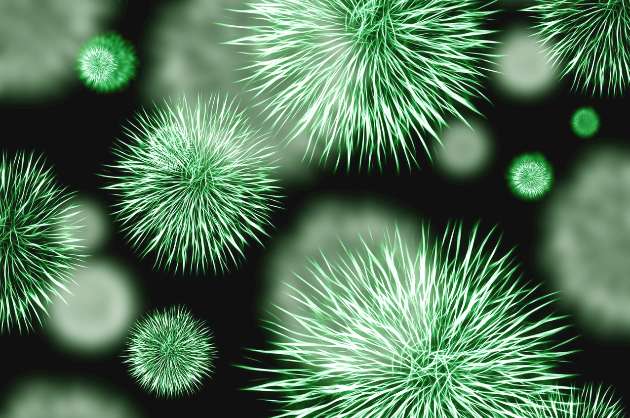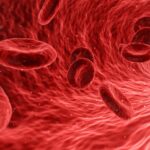Chennai, Sep 22
The ICAR-Central Institute of Brackishwater Aquaculture (CIBA) on Monday said it has transferred its technology to make bacteriophages, or viruses that eat bacteria, to control bacterial diseases in shrimp hatcheries.
The ICAR-CIBA signed an MoU with Salem Microbes Private Ltd, Salem to transfer the technology to enable production of quality shrimp seeds, free of antibiotics.
ICAR-CIBA Director K.K. Vijayan said that their product comprises a "cocktail of phages" which can neutralise a wide range of pathogenic bacteria-causing diseases.
This helps in replacing the use of antibiotics which, according to him, pose the concern of residues and antimicrobial resistance.
Salem Microbes CEO Ramesh Kumar Dhanakoti said his company, which focuses on exploitation of microbes for improved farming productivity and environmental quality, is keen to partner with the ICAR-CIBA in scaling up phage technology for the benefit of the aquaculture sector.
The 'phage prophylaxis and therapy' developed by the research institute is based on bacteriophages which are viruses that kill only specific disease-causing bacteria and act as therapeutic agents in controlling bacterial infections.
Unlike in the case of antibiotics, bacteriophage therapy has no residual issues and has advantages of being specific to their host bacteria without harming other micro-organisms, the ICAR-CIBA said.
"In aquaculture hatcheries, bacterial diseases like vibriosis often cause considerable economic loss to hatchery operators across the globe. CIBA's new product will be of great use in preventing and controlling such diseases in aquaculture, especially in shrimp hatcheries," said S. V. Alavandi, its Principal Scientist and Head of Aquatic Animal Health and Environment Division.
"A broad spectrum of lytic bacteriophages from aquaculture system and coastal ecosystem of India used for the formulation of the product which was proved its efficacy in field evaluation trials," he said.
According to ICAR-CIBA, bacteriophages and their lytic enzymes are in use for therapy of bacterial infections in human and animals, as bio-control agents for food protection as well as tools in molecular biology.
ians




























